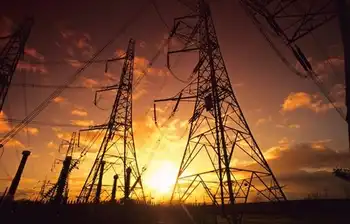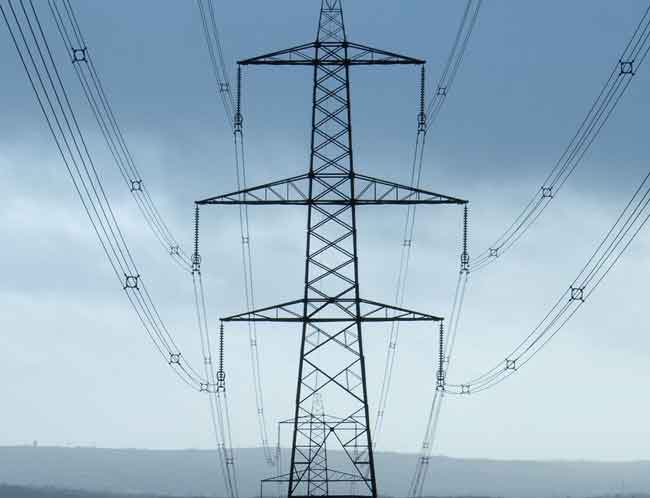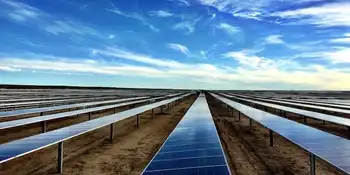How IRENA Study Will Resolve Philippines’ Electricity Crisis

NFPA 70b Training - Electrical Maintenance
Our customized live online or in‑person group training can be delivered to your staff at your location.

- Live Online
- 12 hours Instructor-led
- Group Training Available
Philippines Renewable Energy Mini-Grids address rising electricity demand, rolling blackouts, off-grid electrification, and decentralized power in an archipelago, leveraging solar, wind, and hybrid systems to close the generation capacity gap and expand household access.
Key Points
Decentralized solar, wind, and hybrid systems powering off-grid areas to relieve shortages and expand access.
✅ Targets 2.3M unelectrified homes with reliable clean power
✅ Mitigates rolling blackouts via modular mini-grid deployments
✅ Supports energy access, resilience, and grid decentralization
The reason why IRENA made its study in the Philippines is because of the country’s demand for electricity is on a steady rise while the generating capacity lags behind. To provide households the electricity, the government is constrained to implement rolling blackouts in some regions. By 2030, the demand for electricity is projected to reach 30 million kilowatts as compared to 17 million kilowatts which is its current generating capacity.
One of the country’s biggest conglomerations, San Miguel Corporation is accountable for almost 20% of power output. It has power plants that has a 900,000-kW generation capacity. Another corporation in the energy sector, Aboitiz Power, has augmented its facilities as well to keep up with the demand. As a matter fact, even foreign players such as Tokyo Electric Power and Marubeni, as a result of the gradual privatization of the power industry which started in 2001, have built power plants in the country, a challenge mirrored in other regions where electricity for all demands greater investment, yet the power supply remains short.
And so, the IRENA came up with the study entitled “Accelerating the Deployment of Renewable Energy Mini-Grids for Off-Grid Electrification – A Study on the Philippines” to provide a clearer picture of what the current state of the crisis is and lay out possible solutions. It showed that as of 2016, a record year for renewables worldwide, the Philippines has approximately 2.3 million households without electricity. With only 89.6 percent of household electrification, that leaves about 2.36 million homes either with limited power of four to six hours each day or totally without electricity.
By the end of 2017, the Philippine government will have provided 90% of Philippine households with electricity. It is worth mentioning that in 2014, the National Capital Region together with two other regions had received 90 percent electrification. However, some areas are still unable to access power that’s within or above the national average. IRENA’s study has become a source of valuable information and analysis to the Philippines’ power systems and identified ways on how to surmount the challenges involving power systems decentralization, with renewable energy funding supporting those mini-grids which are either powered in parts or in full by renewable energy resources. This, however, does not discount the fact that providing electricity in every household still is an on-going struggle. Considering that the Philippines is an archipelago, providing enough, dependable, and clean modern energy to the entire country, including the remote and isolated islands is difficult. The onset of renewable energy is a viable and cost-effective option to support the implementation of mini-grids, as shown by Ireland's green electricity targets rising rapidly.











